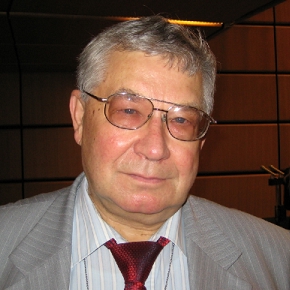 |
||
|
Former Head of British Army Slammed Over Scottish Independence Comments RIA Novosti, PUBLISHED 16.09.2014 A group of former British armed forces veterans have signed a joint letter strongly criticizing the former head of the British armed forces, General Lord Richard Dannatt, who invoked the deaths of service personnel in conflicts around the world as a reason to vote No in the forthcoming Scottish independence referendum. "As former UK armed forces personnel, we take the strongest possible exception to the outrageous statement by Lord Richard Dannatt implying that our fallen comrades died in support of a No vote in a Scottish independence referendum," the joint letter reads. The long-standing issue of the Scottish independence is to be settled on the referendum scheduled for September 18. If the majority of people vote for independence, Scotland may secede from the United Kingdom on March 24, 2016. Topics: Europe, Great Britain Other news: Prime Minister: Finland to Continue Nuclear Cooperation With Russia Despite Sanctions If we look at Rosatom's activities, there have been no problems whatsoever. Russian Nuclear Experts Present Bushehr-2 NPP Project in Iran Several Russian companies, including OKB Gidropress and Atomstroyexport participated in the seminar. Iran Detains Ukrainian Citizen Suspected of Sabotage at Bushehr NPP: Reports The report did not specify the time of the incident. Last news:
|
Hero of the day 
The ISTC Responsible Science Program and Subprogram Culture of Nuclear Nonproliferation The dual-use nature of nuclear technology consisting in the potential for its application equally in peaceful and military sphere is the basic contradiction for the existing nuclear nonproliferation regime and comprehensive development of the nuclear power and nuclear fuel cycle. INTERVIEW
Jerry Hopwood OPINION
Joint Plan of Action |
Licence РР» №ФС77-30792. ATOMINFO™ trademark.

